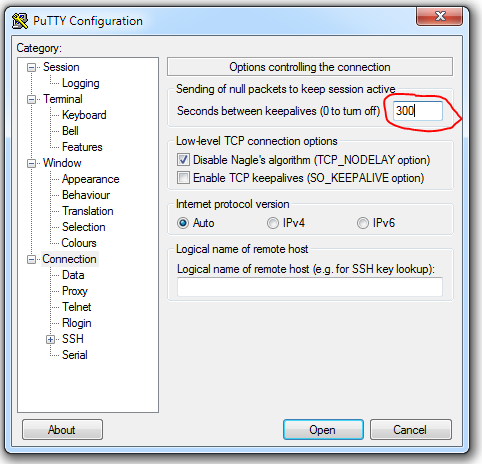The following dd command example creates a swap file with the name “swapfile” under /root directory with a size of 8192MB (8GB).
To create the swap space (non-persistent):
# dd if=/dev/zero of=/root/myswapfile bs=1m count=8192; 8192+0 records in 8192+0 records out
Change the permission of the swap file so that only root can access it.
# chmod 0600 /root/myswapfile;
Make this file as a swap file using mkswap command.
# mkswap /root/myswapfile
Enable the newly created swapfile.
# swapon /root/myswapfile
To make this swap file available as a swap area even after the reboot, add the following line to the /etc/fstab file.
# cat /etc/fstab /root/myswapfile swap swap defaults 0 0
Verify whether the newly created swap area is available for your use.
# swapon -s
Filename Type Size Used Priority
/dev/sda2 partition 4192956 0 -1
/root/myswapfile file 1048568 0 -2
# free -k
total used free shared buffers cached
Mem: 3082356 3022364 59992 0 52056 2646472
-/+ buffers/cache: 323836 2758520
Swap: 5241524 0 5241524
Note: In the output of swapon -s command, the Type column will say “file” if the swap space is created from a swap file.
If you don’t want to reboot to verify whether the system takes all the swap space mentioned in the /etc/fstab, you can do the following, which will disable and enable all the swap partition mentioned in the /etc/fstab
# swapoff -a # swapon -a
